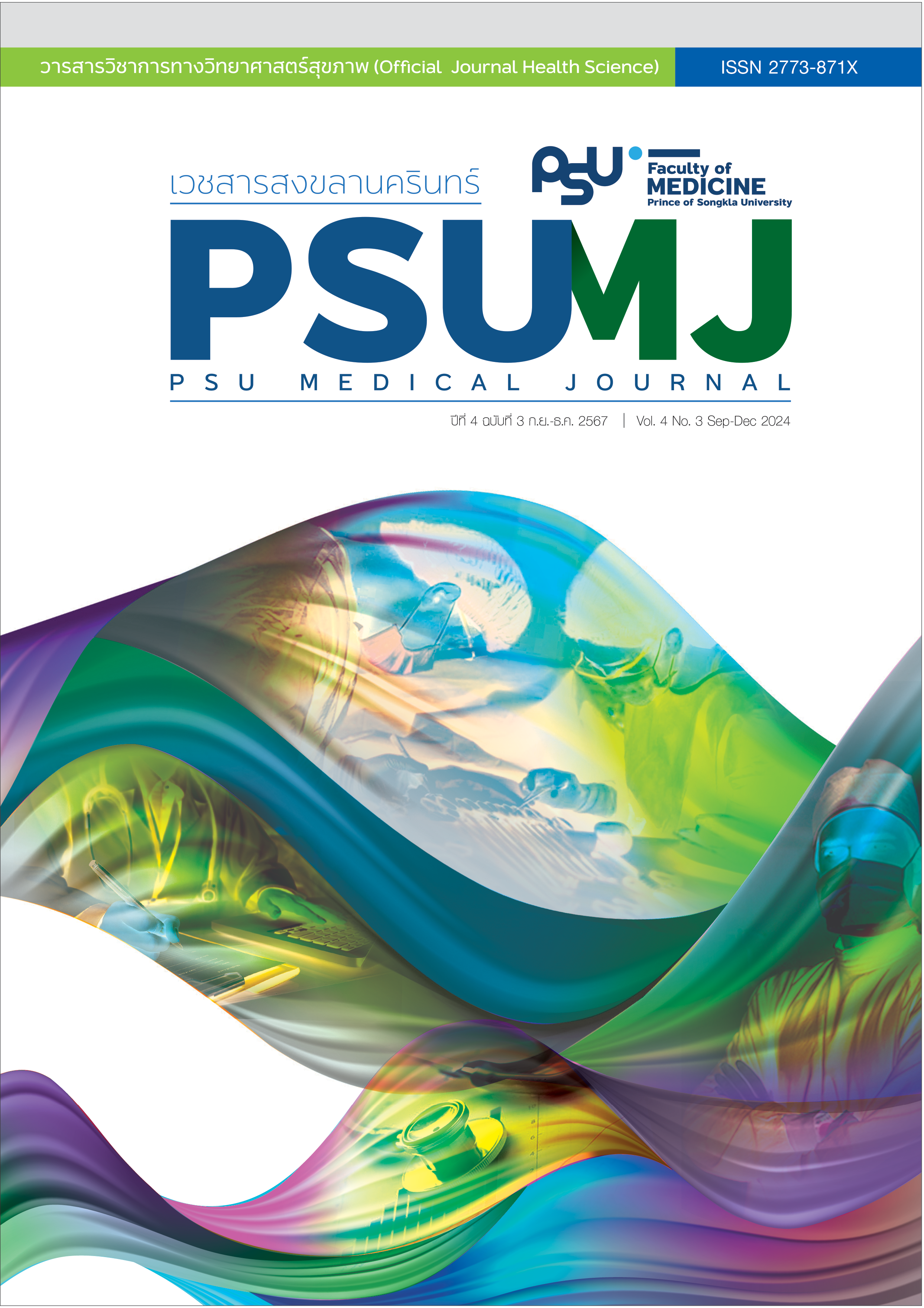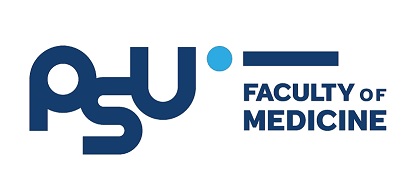Innovative Design and Practical Reflections on Teaching Ideological and Political Aspects of ‘Pharmacoeconomics’ in the Digital Era
DOI:
https://doi.org/10.31584/psumj.2024266949Keywords:
blended learning, digital education, ideological and political teaching, pharmaceutical economics, teaching innovationAbstract
Objective: This study examines the innovative design and practical application of ideological and political (IP) teaching in the Pharmaceutical Economics course in a digitally evolving educational landscape. It seeks to effectively integrate IP education into the curriculum, enhance the synergy between disciplinary and IP education, and foster students’ holistic skills and social responsibility.
Material and Methods: The research began with a literature review to identify the unique characteristics of the “Pharmaceutical Economics” course and the theoretical underpinnings of IP teaching in a digital context. It then employed empirical analysis, using specific teaching cases to compare the outcomes and challenges of innovative versus traditional teaching methods. Finally, feedback from students and teachers was gathered through interviews and surveys to provide deep insights into the practical implementation of these methods.
Results: Findings indicated that leveraging online platforms and digital resources enhances the diversity and engagement of “Pharmaceutical Economics” teaching. Integrating IP education into professional instruction not only helps students link theory with practice, enhancing their overall qualities and skills, but also improves the relevance and effectiveness of IP education. Nonetheless, challenges persist; including the selection and use of digital resources, the impact of blended learning, and the fairness and accuracy of evaluations.
Conclusion: Digital teaching opens new avenues for incorporating IP education in “Pharmaceutical Economics”. Careful strategic and methodological choices are required to ensure the pedagogical rigor and effectiveness of IP education. Future research may explore the transformation of teacher roles in digital environments, the empowerment of student agencies, and the seamless integration of online and offline teaching modalities.
References
Tan ZY. Theoretical logic analysis of ideological and political curriculum. J High Educ 2021;7:185-8.
Du ZY, Zhang ML, Qiao F. Principles, standards and operation strategies of ideological and political teaching evaluation for science and engineering courses. Ideol Theor Educ 2020;70-4.
Zhang LS. Teaching design concept and method of integrating professional courses into ideological and political work.
Pizzi LT, Onukwugha E, Corey R, Albarmawi H, Murray J. Competencies for professionals in health economics and outcomes research: the ISPOR health economics and outcomes research competencies framework. Value Health 2020;23:1120-7. doi: 10.1016/j.jval.2020.04.1834.
Zhou JS. Systematically build a talent training system to cultivate morality and skills. China Educ News 2021.
Zhu F. Value clarification and route selection of ideological and political courses in colleges and universities. Ideol Theor Educ 2019;8:67-72.
Xiao XL, Zhu Z. Exploration and practice of ideological and political curriculum under the “Great Ideological and Political” pattern. Ideol Theor Educ Guide 2018;10:133-5.
Zhang DC, Chen JX. Exploration of the online practical teaching model based on project-driven and twi-flipped—taking the course “Web Front-End Technology Foundation” as example. Open J Soc Sci 2021;274-87.
Kamae I. Value-based approaches to healthcare systems and pharmacoeconomics requirements in Asia: South Korea, Taiwan, Thailand and Japan. PharmacoEconomics 2010;28:831-8. doi: 10.2165/11538360-000000000-00000.
Zhang JH, Xie WY. Understanding the connotation of “Golden Course” and its construction strategy. J Heilongjiang Univ Eng 2020;34:65-8.
Blobel B, Oemig F, Ruotsalainen P, Lopez DM. Transformation of health and social care systems – an interdisciplinary approach towards a foundational architecture. Front Med 2022;9:1-20. doi: 10.3389/fmed.2022.802487.
Mauskopf JA. Why study pharmacoeconomics? Expert Rev Pharmacoecon Outcomes Res 2001;1:1-3. doi: 10.1586/14737167.1.1.1.
Rascati K. Essentials of pharmacoeconomics. Philadelphia, Pennsylvania: Lippincott Williams & Wilkins; 2013;p.3.
Patel V, Shah M. Artificial intelligence and machine learning in drug discovery and development. Intell Med 2022;2:134-40. doi: 10.1016/j.imed.2021.10.001.
Dalton K, Byrne S. Role of the pharmacist in reducing healthcare costs: current insights. Integr Pharm Res Pract 2017;6:37. doi: 10.2147/IPRP.S108047.
Shih YCT, Kauf TL, Biddle AL, Simpson KN. Incorporating problem-based learning concepts into a lecture-based pharmacoeconomics course. Am J Pharm Educ 1999;63:152-9.
Thomas D, Sundararaj KGS, Shirwaikar A, Tarn YH. Inclusion of pharmacoeconomics course in the undergraduate pharmacy education: a global trend review. Indian J Pharm Pract 2016;9:147-51. doi: 10.5530/ijopp.9.3.3.
Aburahma MH, Mohamed HM. Educational games as a teaching tool in pharmacy curriculum. Am J Pharm Educ 2015;79:59. doi: 10.5688/ajpe79459.
Downloads
Published
How to Cite
Issue
Section
License
Copyright (c) 2024 Author and Journal

This work is licensed under a Creative Commons Attribution-NonCommercial-NoDerivatives 4.0 International License.








